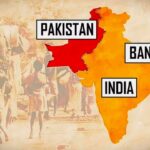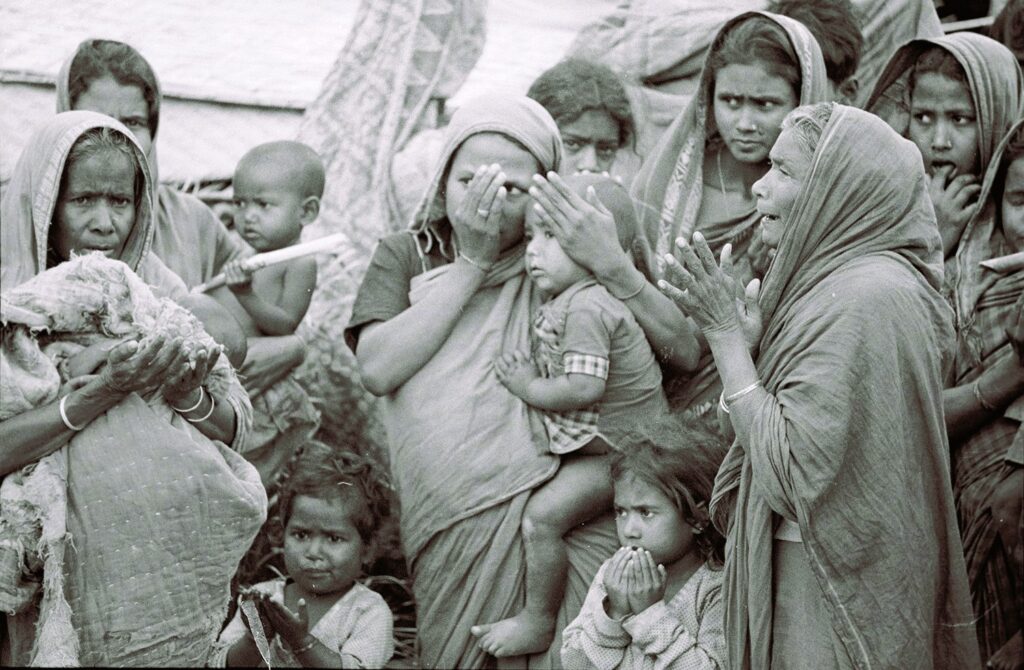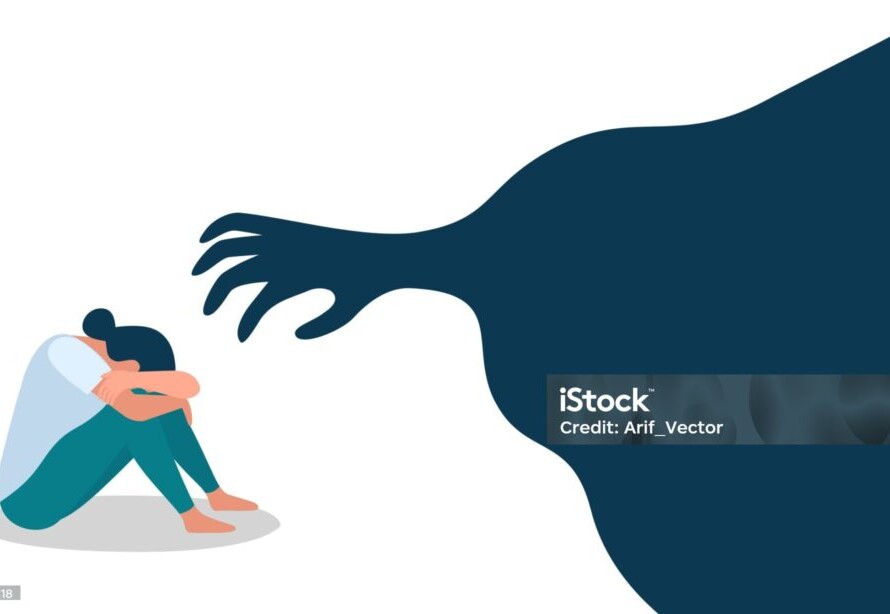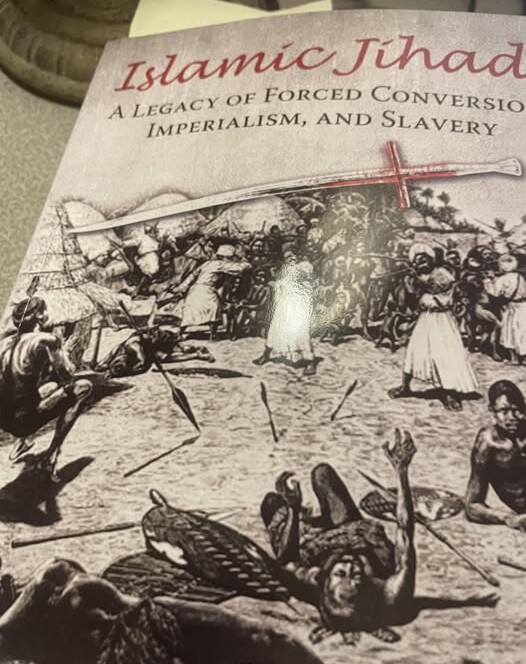In my last blog I talked about PTSD (Post traumatic Stress Syndrome), its causes and some of the symptoms. Together with it I also talked about intergenerational trauma. In this context, I will bring back the case of intergenerational trauma of Native Americans. Native Americans have a history of being removed from their homes, institutionalized in boarding schools and asylums. These traumas have severely impacted Native American psyche down several generations. This is aggravated with the fact that most Western trained Psychiatrists, who were initially part of the colonial apparatus diagnosed mental illness using Freudian and Western based biomedical categories and have completely ignored the role of forced assimilation and colonization and its impact on the psyche of the indigenous people, evicted from their land, and the subsequent generations. A new generation of therapist are looking at historically traumatic situations in providing therapy to those who have undergone trauma due to war, refugees fleeing from war torn areas and in the fear of being killed, ethnic cleansing, forced eviction from their land, forced conversion, witnessing killing of family members as a result of strife and conflict.
In the case of the Indian subcontinent, people who experienced the horrors of partition have experienced all of the above. Here is an example, Women during the partition of India (1947) “Abducted as Hindus, converted and married as Muslims, recovered as Hindus but required to relinquish their children because they were born of Muslim fathers… their identities were in a continual state of construction and reconstruction, making of them, as one woman said to us, “permanent refugees”. (Recovery, Rupture, Resistance: Indian State and Abduction of Women during Partition, Ritu Menon and Kamla Bhasin, EPW Vol 28, No 17 (April 24, 1993). These are traumatic events that have not been addressed directly by therapists. There are intergenerational trauma that do not appear directly but via symptoms.

What are the best therapies for PTSD?
One of the most significant things about PTSD is the feeling of disempowerment and disconnection from others. The job of the therapist is to facilitate the client to reconnect so that the client gets a sense of empowerment. The first thing is safety. The therapist must ensure that when speaking of historical traumas, the person is safe. Within this safe space, the client should be able to name the problem, speak openly about the historical trauma as they heard it in the family, and get a sense of control. I believe that in case of historical traumas, the best thing to do is to make these stories public and speak about them with others who had the same experience and who can connect with them on existential ground. Since several families have the experience of partition, being refugees, and experience of being driven away from their homes, or the experience of witnessing forced conversions, it is best for them to speak in a group and share their stories. First, in a small group, and gradually expand it to larger groups. The more one speaks about this in a supportive atmosphere, the more confidence one is likely to get. A sense of self and empowerment builds up. This also takes away from their discomfort in hiding their identity of being ashamed of their identity, as happens to all colonized people. They can assert their identity clearly in public and get anchoring in their history and culture.



